Search
Search Results
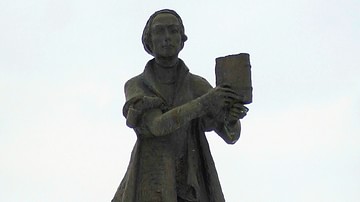
Definition
Argula von Grumbach
Argula von Grumbach (née von Stauff, l. 1490 to c. 1564) was a Bavarian theologian, writer, and reformer, who became a controversial figure after her 1523 letter To the University of Ingolstadt protesting the arrest of a young scholar for...
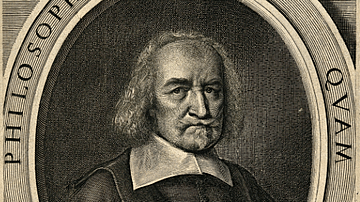
Definition
Thomas Hobbes
Thomas Hobbes (1588-1679) was an English philosopher who famously summarised his pessimistic view of human nature in his greatest work, Leviathan, published in 1651. Hobbes believed that the life of humanity in the state of nature is short...
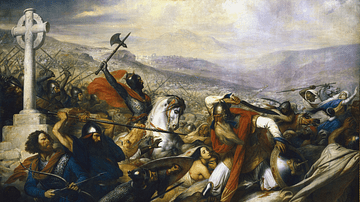
Image
Battle of Tours, 732
"Bataille de Poitiers, en octobre 732" (French for "Battle of Poitiers, in October 732") by Charles de Steuben (1788 - 1856). The painting is a romanticized depiction of the Frankish general Charles Martel (718-741) fighting against the Umayyad...
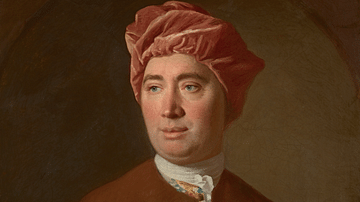
Definition
David Hume
David Hume (1711-1776) was a Scottish philosopher, writer, historian, and important figure in the Enlightenment. Hume presented a positive view of human nature but a sceptical view of religion's usefulness. His Treatise of Human Nature was...
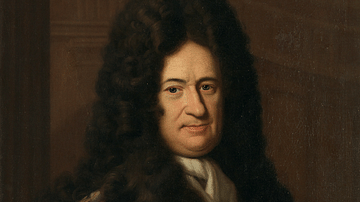
Definition
Gottfried Wilhelm Leibniz
Gottfried Wilhelm Leibniz (1646-1716) was a German polymath who became well-known across Europe for his work, particularly in the fields of science, mathematics, and philosophy. Leibniz's rationalist philosophy attempted to reconcile traditional...
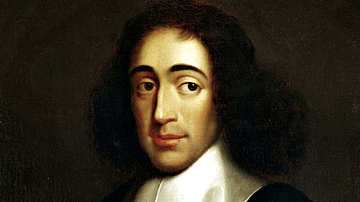
Definition
Baruch Spinoza
Baruch Spinoza (1632-1677) was a Dutch philosopher who combined rationalism and metaphysics to create a unique system of thought. Spinoza was held up as an atheist philosopher in the 18th century, but this is not an entirely accurate representation...
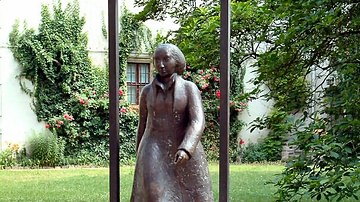
Article
Ten Women of the Protestant Reformation
Women played a vital role in the Protestant Reformation (1517-1648) not only by supporting the major reformers as wives but also through their own literary and political influence. Their contributions were largely marginalized in the past...
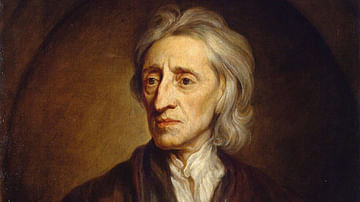
Definition
John Locke
John Locke (1632-1704) was an English philosopher responsible for laying the foundation of the European Enlightenment. Locke believed that each branch of government should have separate powers, that liberty must be protected from state interference...
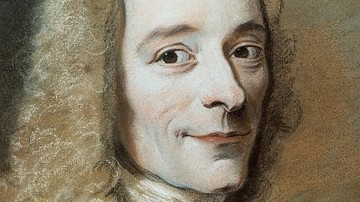
Definition
Voltaire
Voltaire (1694-1778) was a French author, historian, and philosopher whose thoughts on religious toleration and moderation of authoritarian power were influential during the Enlightenment. His most famous work today is the satirical Candide...
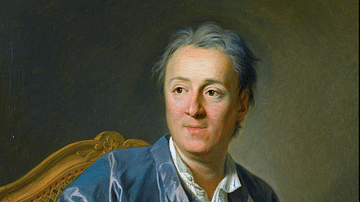
Definition
Denis Diderot
Denis Diderot (1713-1784) was a French author and philosopher known for his views which influenced the Enlightenment and his general editorship of the multi-volume Encyclopedia, often described as the 'Bible of the Enlightenment'. Diderot...